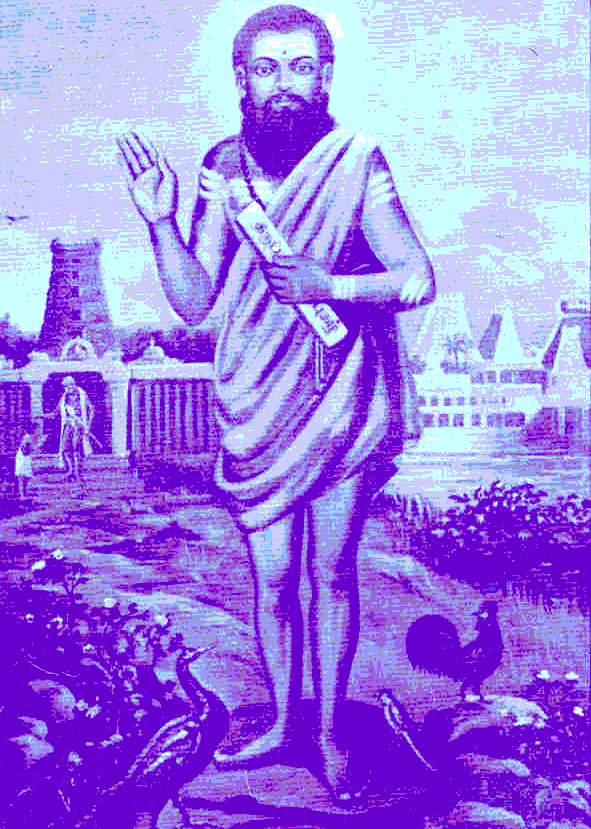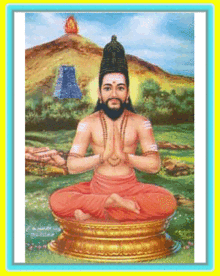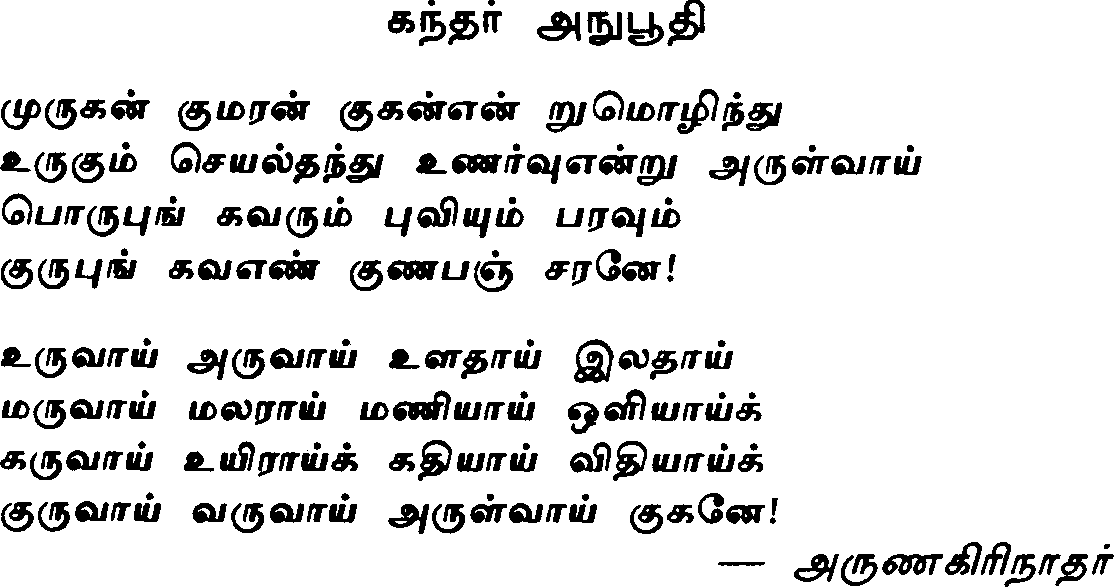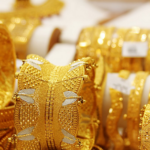Yogi Ramsuratkumar Ashram (Visiri samiyar):

Yogi Ramsuratkumar (December 1, 1918 – February 20, 2001) was an Indian saint and mystic. He was also referred to as “Visiri samiyar” and spent most of his post enlightenment period in Thiruvannamalai, a small town in Tamil Nadu which is famous for attracting spiritual seekers worldwide and has had a continuous lineage of enlightened souls. He acknowledges the contribution of three of the most well known saints of his time in his evolution to enlightenment. These individuals were Sri Aurobindo, the founder of Integral yoga,Ramana Maharshi, one of the “spiritual superman” of his time, and Papa Ramdas, Yogi’s eventual guru.
Yogi Ramsuratkumar was born in a village Nardara near Kashi on December 1, 1918. In his childhood, he loved very much to meet the yogis and monks. He was befriended by a number of holy men who built their huts on the Ganges shore or simply wandered nearby.
He grew up as a Grihasta but eventually, the tugs of spirituality in his heart took over. In search of his “guru”, he visited and spent time in the ashrams of both Sri Aurobindo and Ramana Maharishi. He later moved to Kerala at the ashram of Swami Ramdas. In his own assessment, Sri Aurobindo gave him Jnana, Sri Ramana Maharshi blessed him with tapas and Swami Ramdas gave him the nectar of Bhakti.
Swami Ramdas initiated him into the holy mantra : ” Om Sri Ram Jai Ram Jai Jai Ram “, by pronouncing it thrice in his ears. Yogi Ramsuratkumar often refers to this instance as his “death”, since from this moment on, his ego no longer existed, and he had a profound spiritual experience.
Arunagirinathar:

Arunagirinathar was a Tamil poet who lived during the 15th century in Tamil Nadu, India. He was the creator of Thiruppugazh, a book of poems in Tamil in praise of the Hindu God Murugan.
The Thiruppugazh composed by him, consisted of 16,000 songs, of which only about 1,365 has been traced. His poems are known for their lyricism coupled with complex rhymes and rhythmic structures. In Thiruppugazh, the literature and devotion has been blended harmoniously.
Thiruppugazh is one of the major works of medieval Tamil literature, known for its poetical and musical qualities, as well as for its religious, moral and philosophical content.
Early life :
Arunagiri was born in Thiruvannamalai, a town in Tamil Nadu. His father died soon after his birth and his mother and sister instilled him with their cultural and religious traditions. Legends claim that Arunagiri was attracted to the pleasures of the flesh and spent his youth in pursuing a life of debauchery. His sister always gave whatever she earned to make her brother happy, and he frequented devadasis. There came a time when his sister had no money to meet his demands. She said that he should sell her in order to have money, upon hearing which Arunagirinathar realised how selfish he had been. He decided to end his life, went to a temple and hit his head against the pillars and steps, begging for forgiveness. Then he leapt from the temple tower. He was however miraculously saved from the death by the god Muruga who transformed him into a saint.
Arunagiri sang his first devotional song and thereafter decided to spend the rest of his life singing in praise of the God. He was a devotee of Muruga and worshipped him at Vedapureeswarar temple at the sacred place known as Cheyyar.
His fame got the jealousy of chief minister of the Kingdom. He claimed Arunagirinathar as a false saint and not a true devotee of the god Subramaniya. So the king arranged a public gathering and asked Arunagiri to show Subramanya to others also. Arunagiri started singing songs towards Muruga and soon after Muruga appeared in a stone pillar in the form of child.
Songs :

Arunagiri, rendered his first song Muthai Tharu after the miraculous escape at Thiruvannamalai. Arunagiri visited temples all over South India and composed 16000 songs – about 2000 alone remained in this earth. The songs show the way to the life of virtue and righteousness and set the tone for a new form of worship, the musical worship.
The other works of Arunagirinathar include Thiru Vaguppu, Kandar Alankaram, Kandar Anubhuti, Kandar Andhadi, Vel Viruttam, Mayil Viruttam and Sevel Viruttam. For Murugan devotees Thiruppugazh is equivalent to Thevaram, Kandar Alankaram is equivalent to Thiruvasagam and Kandar Anubhuti is equivalent to Thirumandiram.






































